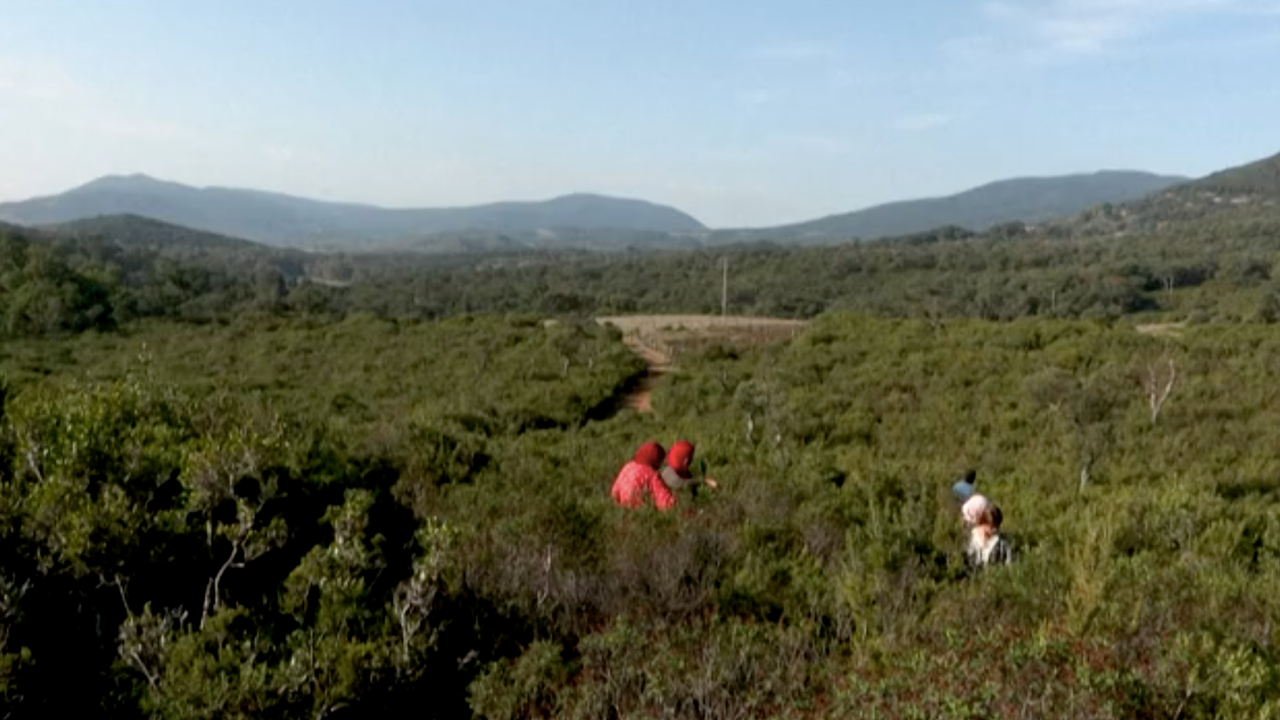Drought and rising temperatures threaten Tunisia’s wild herb harvesters: Video

In Tunisia’s northwestern highlands, women work under a scorching sun to collect wild herbs that sustain their livelihoods. However, prolonged droughts and rising temperatures are making it increasingly difficult to find these vital plants.
"There is a huge difference between the situation in the past and what we are living now,” said Mabrouka Athimni, leader of a women’s herb-harvesting collective named Al Baraka, which translates to “Blessing.”
Athimni noted that their income has significantly declined. “We’re earning half, sometimes just a third, of what we used to,” she said.
Tunisia produces approximately 10,000 tonnes of aromatic and medicinal herbs annually, according to official data. Rosemary, which accounts for over 40% of essential oil exports, is shipped primarily to France and the United States.
For two decades, Athimni’s collective has supported families in Tbainia, a village near Ain Draham. In a region with poverty levels higher than the national average, women comprise around 70% of the agricultural workforce and are often the primary earners for their households, AFP reports.
Tunisia is now in its sixth consecutive year of drought. Water reserves in the country’s 36 dams, most of which are located in the northwest, have plummeted to just 20% of capacity—a record low.
The women of Tbainia typically harvest herbs like eucalyptus, rosemary, and mastic year-round. However, reduced rainfall and drying mountain springs have diminished both the quantity and quality of their harvests.
“The mountain springs are drying up, and without snow or rain to replenish them, the herbs yield less oil,” Athimni explained.
Mongia Soudani, a 58-year-old mother of three who joined the collective five years ago, said the work is her family’s sole source of income.
“We used to gather three or four large sacks of herbs per harvest,” she said. “Now, we’re lucky to fill just one.”
Tunisia’s forests, covering 1.25 million hectares, include 10% of the northwestern region where the women work. Wildfires, exacerbated by drought and heatwaves, have further reduced the resources available to herb collectors.
Last summer, wildfires near Tbainia destroyed approximately 1,120 hectares of forest. “Parts of the mountain were consumed by flames, and other women lost everything,” Soudani recalled.